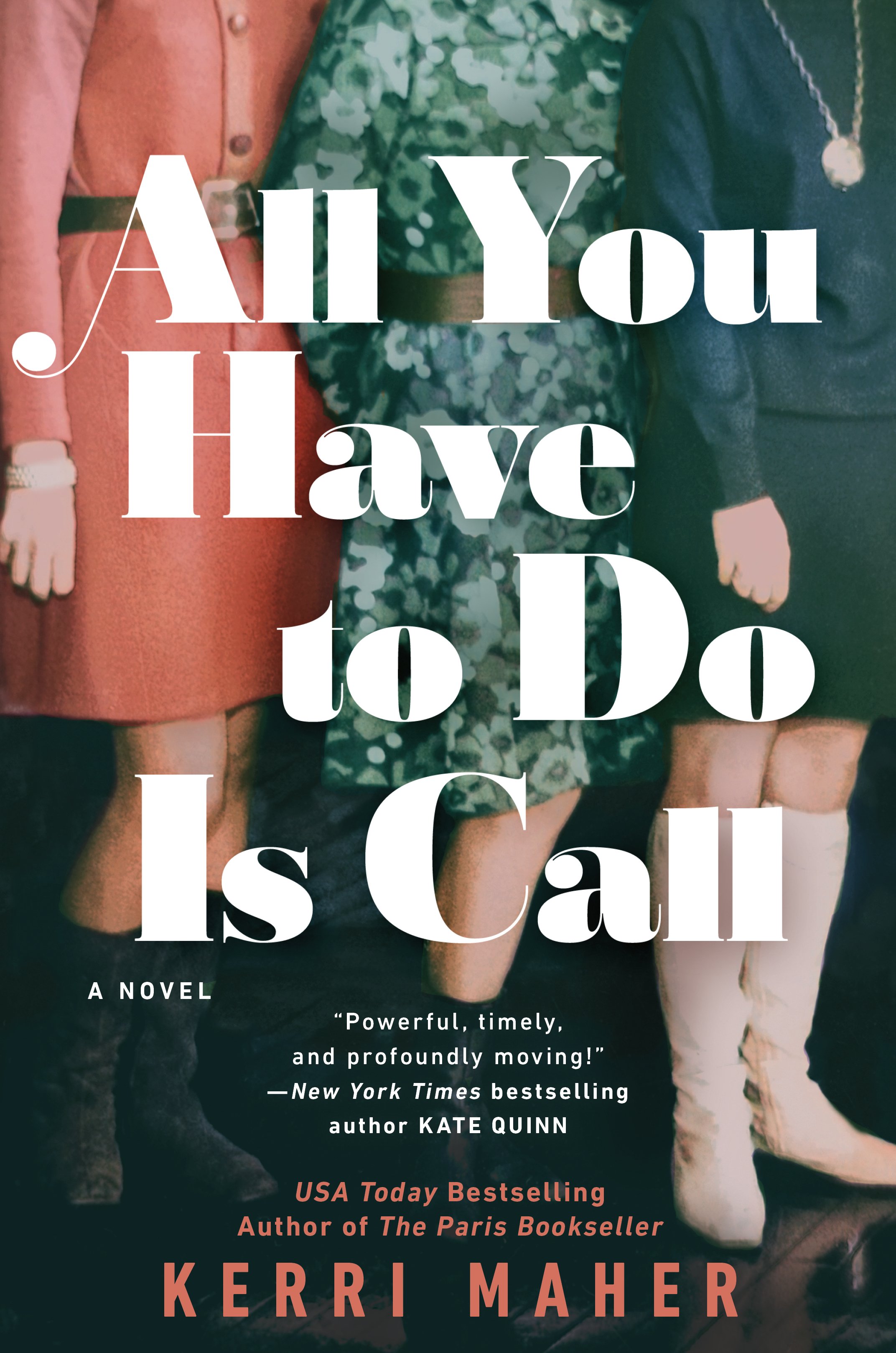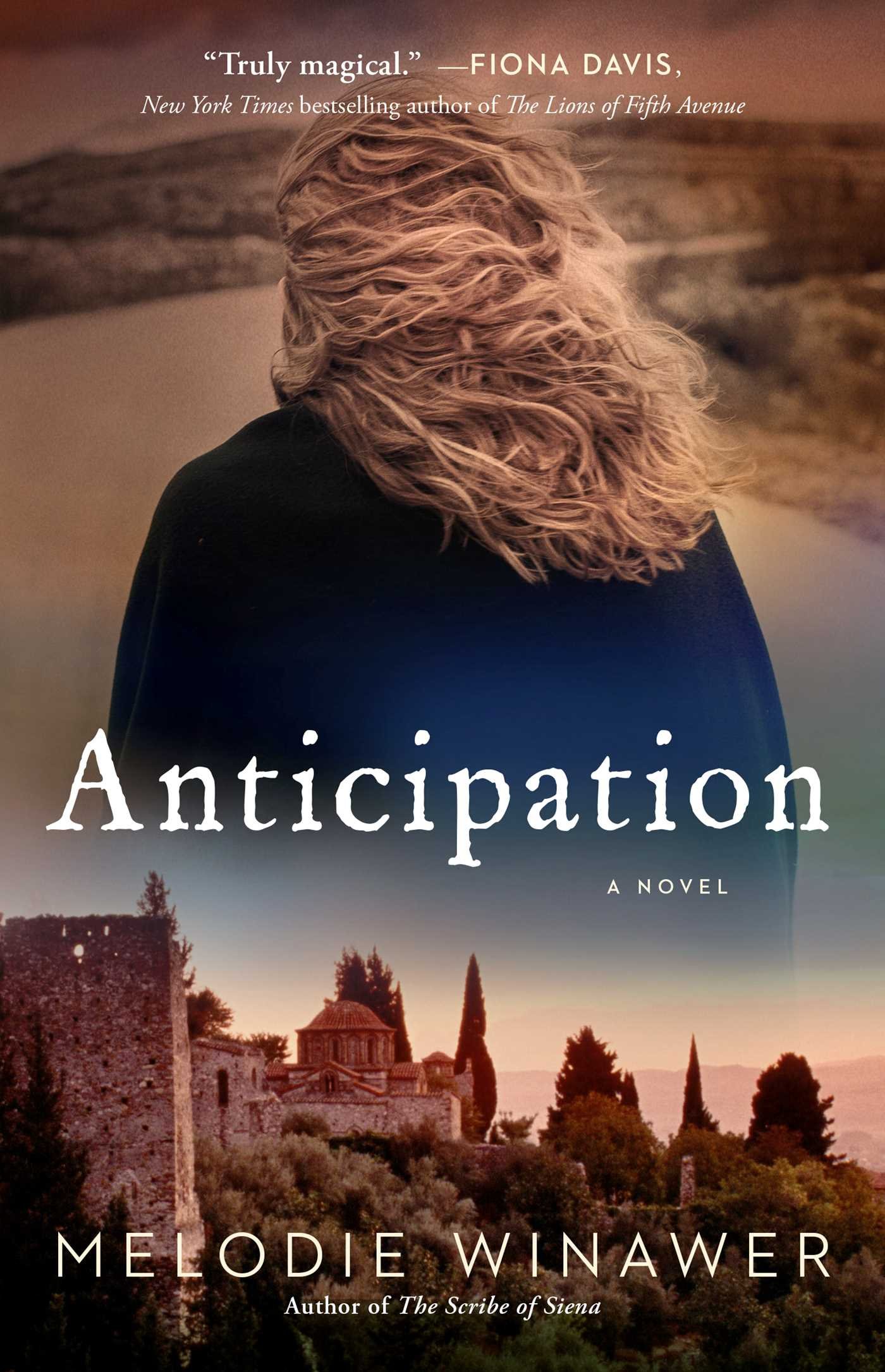Does the thought of revising your work cause dread in your heart or do you find it energizing? Writers will differ on this, but we can all agree that revision is a crucial part of the writing process. Ideally, each round of editing brings your book to a higher level, making it easier to land an agent and satisfy your editor, your publisher, and your readers.
In a recent 5E Office Hours session with two excellent novelists, Kerri Maher and Melodie Winawer, we discussed “The Psychology of Revision.”
The Creative Process
Kerri and Melodie both praised Anne Lamott’s description of “the shitty first draft” in Bird by Bird. It’s much easier to shape a story once you’ve got something on the page. “No matter what you add,” said Kerri, “It’s all getting you somewhere.” This is true, even if much of your early work is gradually transformed or removed from the manuscript.
What do you focus on when you tackle a revision? Melodie described figuring out how to cut what isn’t necessary: turning two characters into one to simplify complex storylines, cutting extraneous scenes or sections that aren't essential to the narrative. She also talked about tapping into the minds of her characters using a form of imaginative empathy she likened to Method Acting. One editor advised her to make sure that each scene served more than one purpose, moving the plot forward while creating stronger connections among elements of the story, and deepening the characters.
Kerri finds it comforting to keep a file of all the material she’s removed from her novel. It’s there if she needs to restore anything. Some writers repurpose extraneous scenes, historical research, or memorable characters by adapting them for future stories, essays, or poems.
What do you do if you’re feeling stuck? Alice LaPlante’s The Making of a Story has a chapter on revision that’s packed with exercises to jump start your process. “Sometimes you have to take a break, even a month away,” says Kerri. You’ll come back with a fresh perspective.
Melodie was inspirational when she described the revision process, telling the group that she did some of her best work while sitting in a New York City subway car during her long commute. Sometimes she got so “in the zone” that she forgot to get off at the right stop. For Kerri, the key is not to feel beholden to writing every day, but rather to establish a steady work schedule.
Feedback
As literary professionals, the 5E editors relish the chance to serve as “ideal readers” when a manuscript is ready for a serious review. But there are additional ways to analyze how far you’ve come.
Joining a writers’ group and trading feedback can be valuable. And so is finding a couple of well read “beta readers” whose judgement you value. You can also take classes with skilled writing teachers. You may hear conflicting feedback from fellow writers, agents or editors. What’s a writer to do? The key is to listen and, as Kerri suggested, “go with your gut.” After all, it’s your book.
When you’re confident you’ve taken your story as far as you can, it’s time to test the waters. Go ahead and hire a professional editor or query a few agents or publishers and see if you can get some professional feedback. Don’t be discouraged if you get constructive criticism. It’s actually a gift, helping you to strengthen your work before it’s published. Most writers revise their books numerous times until agents, editors, and publishers are convinced that the book is fully baked.
Recommended books that cover or touch on revision:
Save the Cat Writes a Novel by Jessica Brody (especially the opening section)
Intuitive Editing by Tiffany Yeats Martin
The Making of a Story: A Norton Guide to Creative Writing by Alice LaPlante (CH 13)
Thinking Like Your Editor by Susan Rabiner and Alfred Fortunato
20 Master Plots and How to Build Them by Ronald B. Tobias
The Forest for the Trees: An Editor's Advice to Writers by Betsy Lerner




